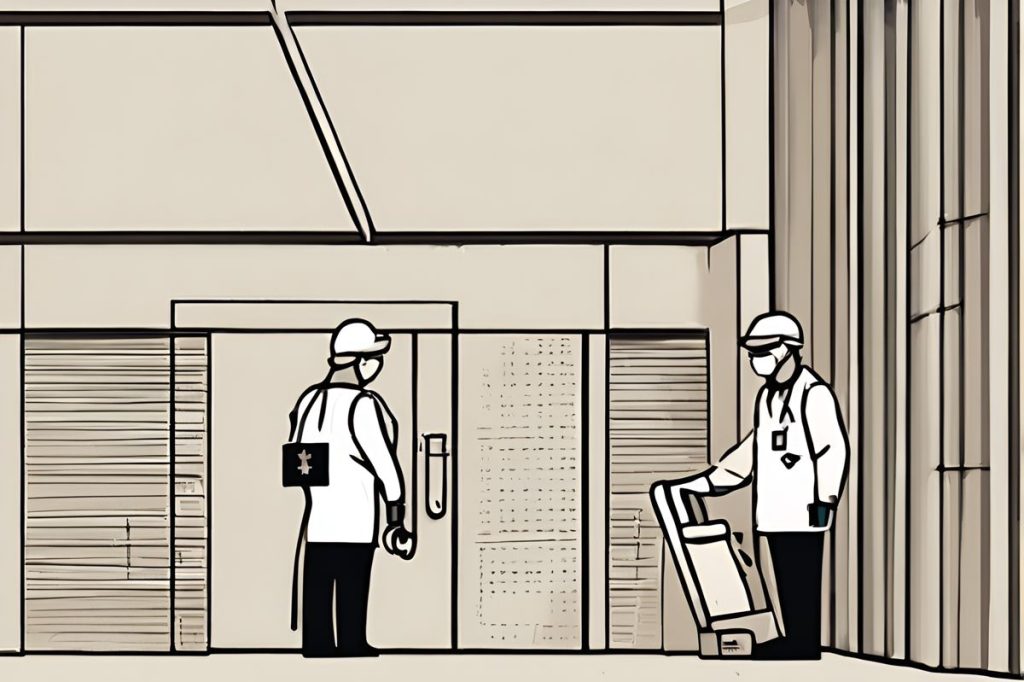Larnaca health officials are ramping up efforts to combat the Aedes aegypti mosquito by conducting extensive spraying in critical areas and targeting potential breeding grounds like rainwater grates and construction sites. Residents are being educated on eliminating breeding sites and urged to maintain cleanliness to control the mosquito population.
What measures are Larnaca health officials taking to combat the Aedes aegypti mosquito?
Larnaca health officials are intensifying anti-mosquito efforts to combat the Aedes aegypti by:
- Conducting extensive spraying in critical areas including Alykes, the old airport vicinity, and Faneromeni Avenue.
- Targeting potential breeding grounds like rainwater grates and construction sites.
- Educating residents on eliminating breeding sites and reducing standing water.
- Encouraging public cooperation in maintaining cleanliness to control the mosquito population.
The Fight Against Aedes aegypti
In the coastal city of Larnaca, health officials are taking a proactive stance against mosquitoes, particularly the Aedes aegypti species. This mosquito is notorious for its distinctive black and white leg markings and the lyre-shaped pattern on its thorax. It’s more than just a nuisance; it is a vector for transmitting several serious diseases, including dengue fever, chikungunya, Zika fever, Mayaro, and yellow fever viruses.
The Larnaca municipality, in response to the increased sightings of this species, has embarked on a rigorous anti-mosquito campaign. The efforts include extensive spraying in key areas such as Alykes at Spyros Beach, the vicinity of the old airport, Hala Tekke, and along Faneromeni Avenue. The operation extends to the old Shooting Range, and it also encompasses the Vergina neighborhood and the industrial zone.
Strategies for Mosquito Control
The municipality’s health service officers are not limiting their efforts to just spraying; they are also focusing on urban areas that can serve as potential breeding grounds for these pests. Key hotspots such as rainwater grates, open channels, disused pools, and construction sites with stagnant water are being targeted aggressively.
The campaign is also educational, with health ministry officials visiting homes to inform residents about the risks associated with mosquitoes. They emphasize the importance of eliminating breeding sites, especially after rains that leave standing water, as mosquitoes can breed in even small amounts of water. The municipality has issued a statement urging residents to be vigilant and proactive in draining any accumulated water on their properties to prevent these insects from multiplying.
Public Cooperation and Information
Collaboration between the public and health officials is essential for the success of this initiative. The municipality encourages individuals to take an active role in controlling the mosquito population by maintaining cleanliness and reducing stagnant water around their homes. For additional guidance or to report concerns, residents are provided with contact information for the municipality’s complaints office and health service.
In conclusion, Larnaca’s intensified anti-mosquito measures reflect an understanding of the serious health implications posed by the Aedes aegypti. Through a combination of direct action and community engagement, there is a determined effort to reduce the risk of mosquito-borne diseases and protect public health.
What measures are Larnaca health officials taking to combat the Aedes aegypti mosquito?
Larnaca health officials are intensifying anti-mosquito efforts to combat the Aedes aegypti by:
- Conducting extensive spraying in critical areas including Alykes, the old airport vicinity, and Faneromeni Avenue.
- Targeting potential breeding grounds like rainwater grates and construction sites.
- Educating residents on eliminating breeding sites and reducing standing water.
- Encouraging public cooperation in maintaining cleanliness to control the mosquito population.
Why is there a focus on the Aedes aegypti mosquito in Larnaca?
The Aedes aegypti mosquito is a vector for transmitting serious diseases such as dengue fever, chikungunya, Zika fever, Mayaro, and yellow fever viruses. Due to its increased sightings in Larnaca, health officials are taking proactive measures to prevent the spread of these diseases by targeting the mosquito population.
What areas in Larnaca are being targeted in the anti-mosquito campaign?
Key areas such as Alykes at Spyros Beach, the old airport vicinity, Hala Tekke, Faneromeni Avenue, the old Shooting Range, the Vergina neighborhood, and the industrial zone are being targeted in Larnaca’s anti-mosquito campaign.
How can residents contribute to controlling the mosquito population in Larnaca?
Residents can contribute to controlling the mosquito population by:
- Eliminating breeding sites around their homes, especially after rains that leave standing water.
- Maintaining cleanliness and reducing stagnant water on their properties.
- Reporting any concerns or mosquito sightings to the municipality’s complaints office or health service for immediate action.

